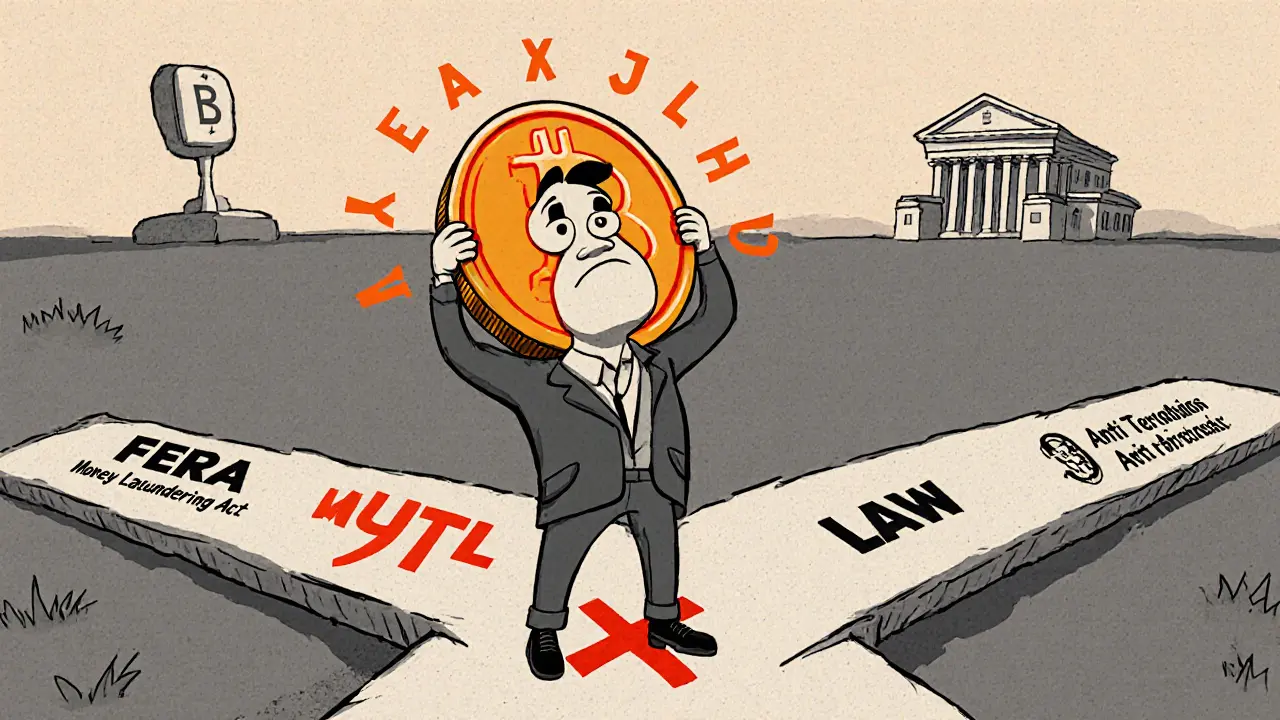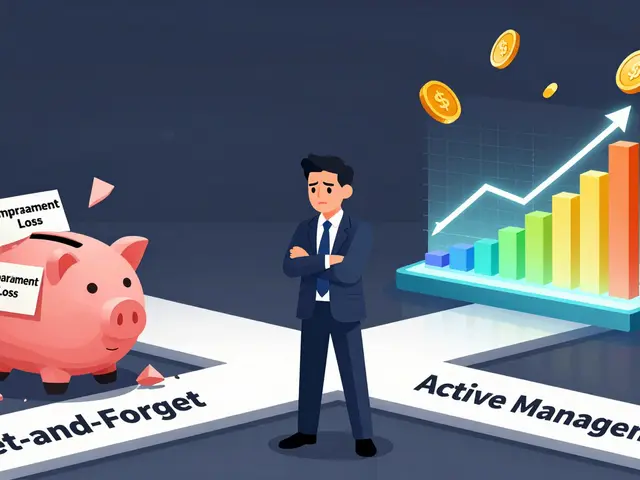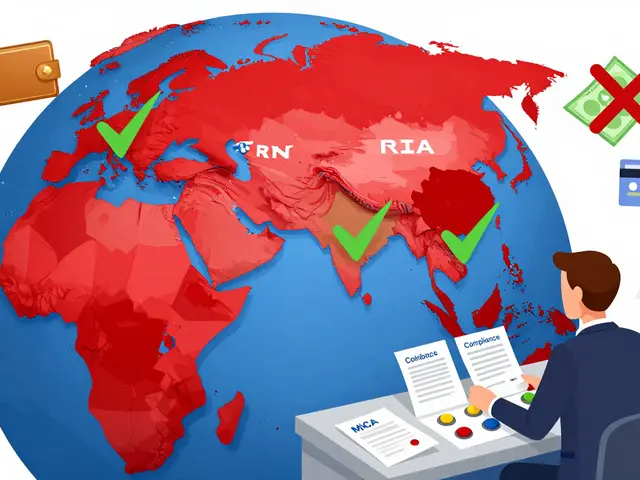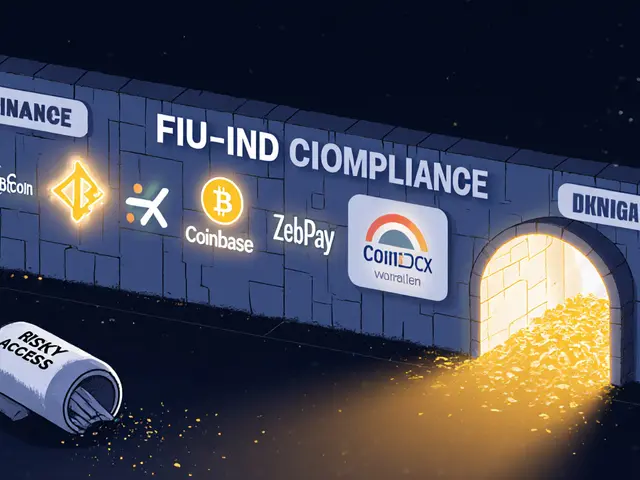Crypto Laws in Bangladesh: What You Need to Know About Trading and Penalties
When it comes to crypto laws in Bangladesh, the official stance is a complete ban on cryptocurrency transactions, enforced by the central bank and financial regulators. Also known as cryptocurrency prohibition in Bangladesh, this policy means no bank can process crypto payments, no exchange can operate legally, and no citizen can use Bitcoin, Ethereum, or any other digital asset for transactions without risking serious consequences. Unlike countries that regulate crypto with licensing or taxes, Bangladesh treats it as a financial crime.
This ban isn’t just a suggestion—it’s backed by the Bangladesh Bank, the country’s central banking authority that issues binding directives to all financial institutions. Also known as Central Bank of Bangladesh, it has repeatedly warned that dealing in crypto violates the Payment Systems Act and Money Laundering Prevention Act. Even holding crypto in a wallet can trigger investigations if linked to foreign transfers or unexplained income. The Financial Intelligence Unit (FIU), the agency that tracks suspicious financial activity. Also known as Bangladesh FIU, monitors bank accounts for crypto-related patterns and reports violations to law enforcement. People caught trading crypto have faced fines, account freezes, and even arrests.
There’s no gray area: no licensed exchanges, no legal mining, no tax-compliant trading. Even using peer-to-peer apps like LocalBitcoins or Binance P2P is risky. If your bank detects a transfer to a foreign crypto wallet, they’re required to freeze your account and report you. Some users try to bypass this with cash trades or hawala networks, but those carry even higher legal exposure. Unlike India or Indonesia, where crypto is regulated with rules, Bangladesh offers no legal pathway—only penalties.
If you’re in Bangladesh and thinking about crypto, the question isn’t whether you can make money—it’s whether you’re willing to risk your finances, your bank access, and your freedom. The posts below cover real cases of enforcement, how people get caught, what happens after a raid, and why even well-intentioned users end up in trouble. No theory. No hype. Just what’s actually happening on the ground.






